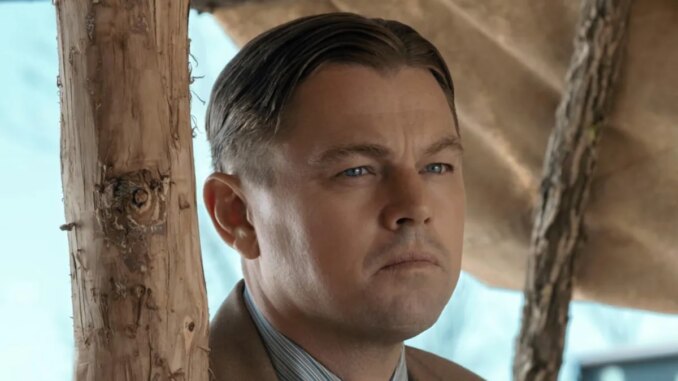
The news arrives with a quiet gravity, much like the designs it mourns: Giorgio Armani, the titan of understated elegance, the architect of a silent revolution in fabric, has passed away at 91. For an industry often defined by fleeting trends and boisterous pronouncements, the global reaction is a testament to the enduring power of his vision. But it is the leading voices from Hollywood – Leonardo DiCaprio and Julia Roberts – that truly amplify the collective sense of loss, threading a narrative that binds the red carpet to the runway, and the transient magic of cinema to the timeless artistry of a master couturier.
Armani didn't shout; he whispered a revolution. In an era of excess, he offered a balm of refined simplicity. His clothes were not costumes but extensions of the self, imbued with a quiet confidence that spoke volumes without ever needing to raise its voice. He liberated menswear from its rigid corsetry, softening the silhouette, introducing fluid lines and a palette of muted tones – charcoal, dove grey, navy, and his signature "greige" – that redefined masculinity. This philosophy seamlessly translated to womenswear, empowering women with structured yet unrestrictive tailoring that became the uniform of the discerning, the powerful, and the effortlessly chic. His genius lay in making clothes disappear, allowing the wearer to emerge, polished and potent.
It is this very philosophy that cemented his symbiotic relationship with Hollywood. For decades, the red carpet was not just a stage for his creations but a canvas for his vision. Armani understood that actors, more than anyone, understood the power of a finely crafted persona. His suits and gowns didn't overshadow; they enhanced. They lent gravitas to leading men, an unflappable cool to action heroes, and a luminous grace to leading ladies. Think of the Oscars, the Golden Globes, the premieres – for every iconic cinematic moment, there was often an Armani moment that preceded or followed it, defining the very essence of celebrity glamour. He wasn't just dressing stars; he was defining an era of sophisticated Hollywood.
It is precisely why the tributes led by Leonardo DiCaprio and Julia Roberts resonate so deeply. DiCaprio, the chameleon of cinema, a master of embodying complex characters, found in Armani’s designs a consistent anchor of refined strength. Whether he was playing a high-stakes financier or a determined explorer, an Armani suit lent him an undeniable gravitas, a silent assertion of power that mirrored his on-screen intensity. His admiration for Armani speaks to the profound understanding that clothing, when done right, is an integral part of storytelling, both on screen and in life. It’s not just fashion; it’s armor, it’s identity, it’s a declaration.
And then there is Julia Roberts, America’s sweetheart, whose radiant smile and spirited presence have captivated generations. Her choice of Armani throughout her illustrious career wasn’t about adhering to a trend, but about embracing a style that celebrated her natural beauty and effervescent charm. An Armani gown on Roberts wasn't a rigid shell; it was a fluid extension of her grace, allowing her to shine, rather than being eclipsed by the garment. Her tribute isn't just for a designer, but for a collaborator who understood the essence of her appeal and translated it into fabric, creating countless moments of red-carpet magic that transcended mere fashion to become cultural touchstones.
Their voices, distinct yet united in admiration, represent more than just personal grief; they articulate Hollywood’s profound gratitude for a man who understood its unique demands and delivered consistently, unerringly, with integrity. Armani didn’t chase the spotlight; he let his work speak for itself, and in doing so, he earned the unwavering trust of a world often skeptical of superficiality.
As the industry mourns, the threads of Giorgio Armani’s legacy are woven deep into the fabric of modern elegance. His death at 91 is not merely the passing of a fashion icon, but the closing of a chapter defined by quiet strength, impeccable taste, and a steadfast commitment to authenticity. DiCaprio and Roberts, standing as emblematic figures of the screen, lead these tributes not just for a designer, but for a true artist who dressed generations, influenced culture, and, in his understated way, helped define what it means to be effortlessly, powerfully, and timelessly chic. His revolution, whispered into existence, will continue to echo for years to come.